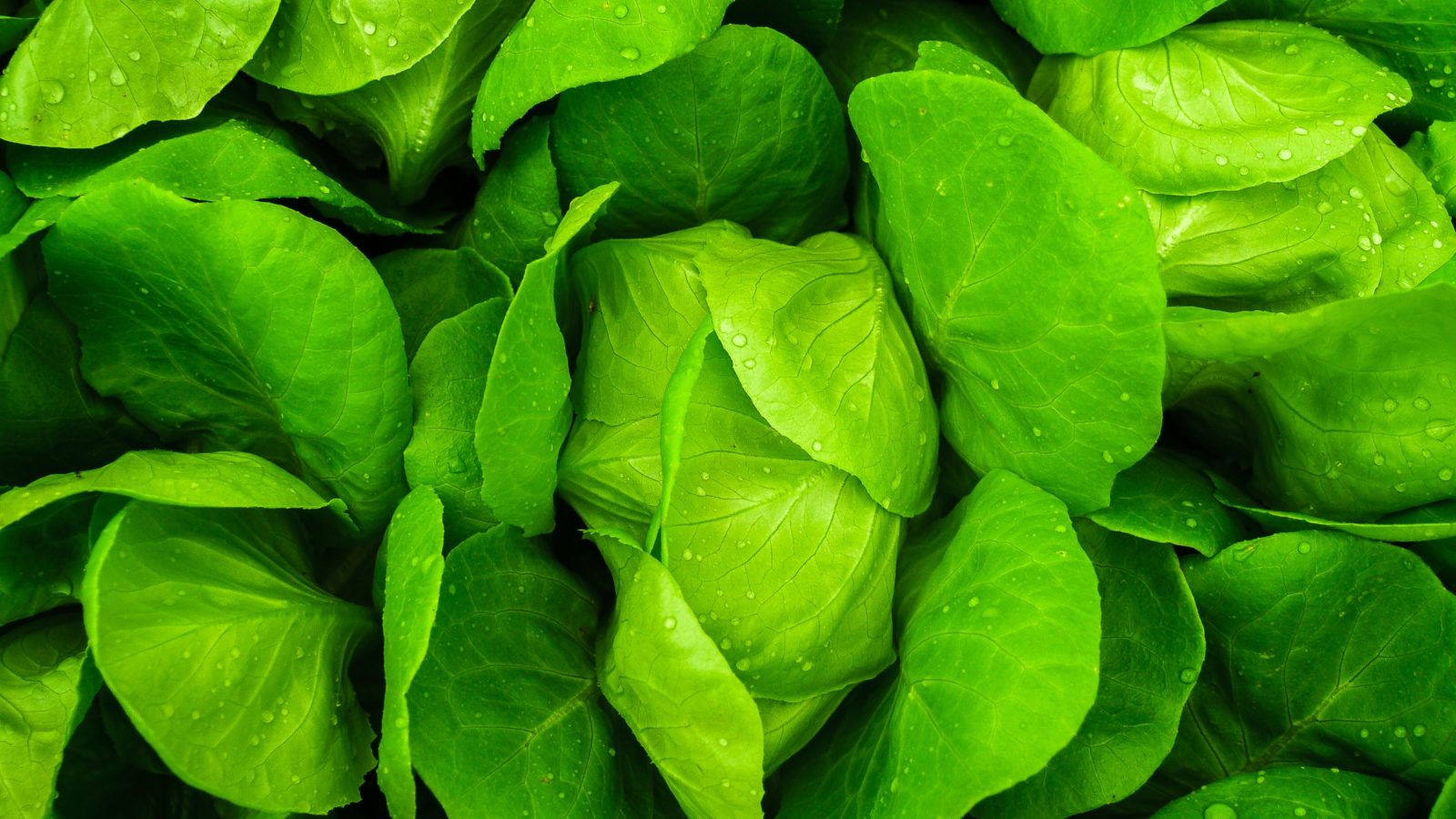Scoby – Edible Food Packaging For Future Farmers
Time:2018-09-21 From:

Plastic pollution is a major challenge of nowadays’ society and a considerable amount of the waste comes from packaging. It is difficult to completely replace plastics, because the material has many advantages like keeping food durable and thus counteracting the ongoing food waste crisis. Still, the industry constantly works on alternatives and strategies to minimize plastic waste and encourage as well as simplify the recycling process.
Roza Janusz came up with an exciting innovation. She developed an organic material that can be used as an alternative to plastic food packaging. The material is called Scoby, which is short for: Symbiotic Culture Of Bacteria and Yeast. It’s a result of her graduate project at the School of Form in Poznan, Poland.
The Secret Recipe
Scoby is a membrane made of bacteria and yeast, which are the result of a fermentation process. Growing this membrane is not as difficult as it may seem, so that it’s a viable alternative for farmers to produce their own plastic-free packaging. Janusz grows Scoby inside a shallow container and adds agricultural waste to bacteria and yeast. The fermentation takes two weeks, in which the mixture forms layers that can be harvested from the remaining liquid. This sheet is then placed in moulds and is ready for use.
Fields of Application
The membrane is ideal for the packaging of dry to semi-dry products, like herbs, seeds, salads, or even instant meals. The longevity changes based on the pH-value of the product inside, but the first prototype produced by Januzs stayed edible for over half a year.
Freshly harvested, the membrane is easily malleable and can thus take any shape and fit a variety of foods. Not only is the material compostable and nutritious to human and soil alike, but it acts as a barrier against oxygen, so that the food inside doesn’t go to waste. According to Janusz, “Scoby has a light taste of kombucha” and can be cooked with its contents. It will then absorb the latter’s taste.
Contributing the Environment
Janusz’ motivation to implement this project was the environment. If Scoby finds approval in our everyday lives, she says:
“Packaging production will no longer litter the environment but enrich it.”
The membrane as a packaging material isn’t the only usable result of the process. Januzs continues,
“Scoby is grown by a future farmer not only for the production of packaging, but also because of the valuable by-product, which is, depending on the concentration, natural fertilizer or probiotic drink.”
Biological tissue to package edible goods isn’t a new idea. In fact, traditionally, animal tissue was a common packaging material especially for dried meat. Scoby is fully vegetarian and can be grown by any farmer using the recipe above. With this project, the inventor supports the zero-waste movement and enables a simpler distribution of farms to supermarkets or private households. The next and very important move is to introduce Scoby into the commercial market.

